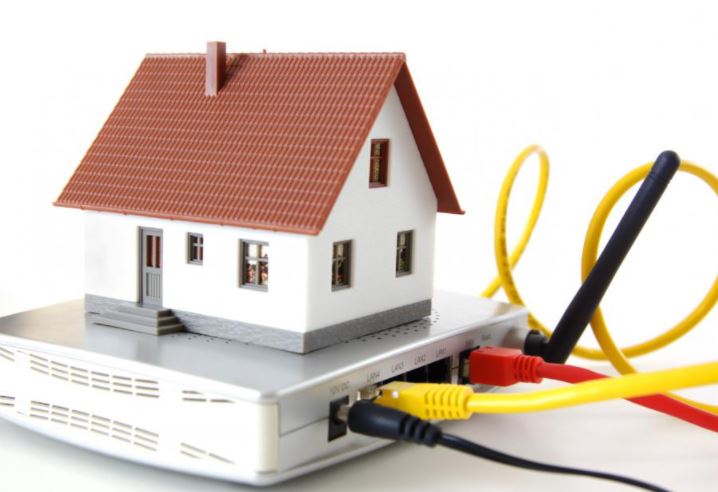×
The Standard e-Paper
Join Thousands Daily

Internet service providers (ISPs) have ramped up competition through a fresh round of price wars in the race to attract subscribers in the rapidly growing home fibre market.